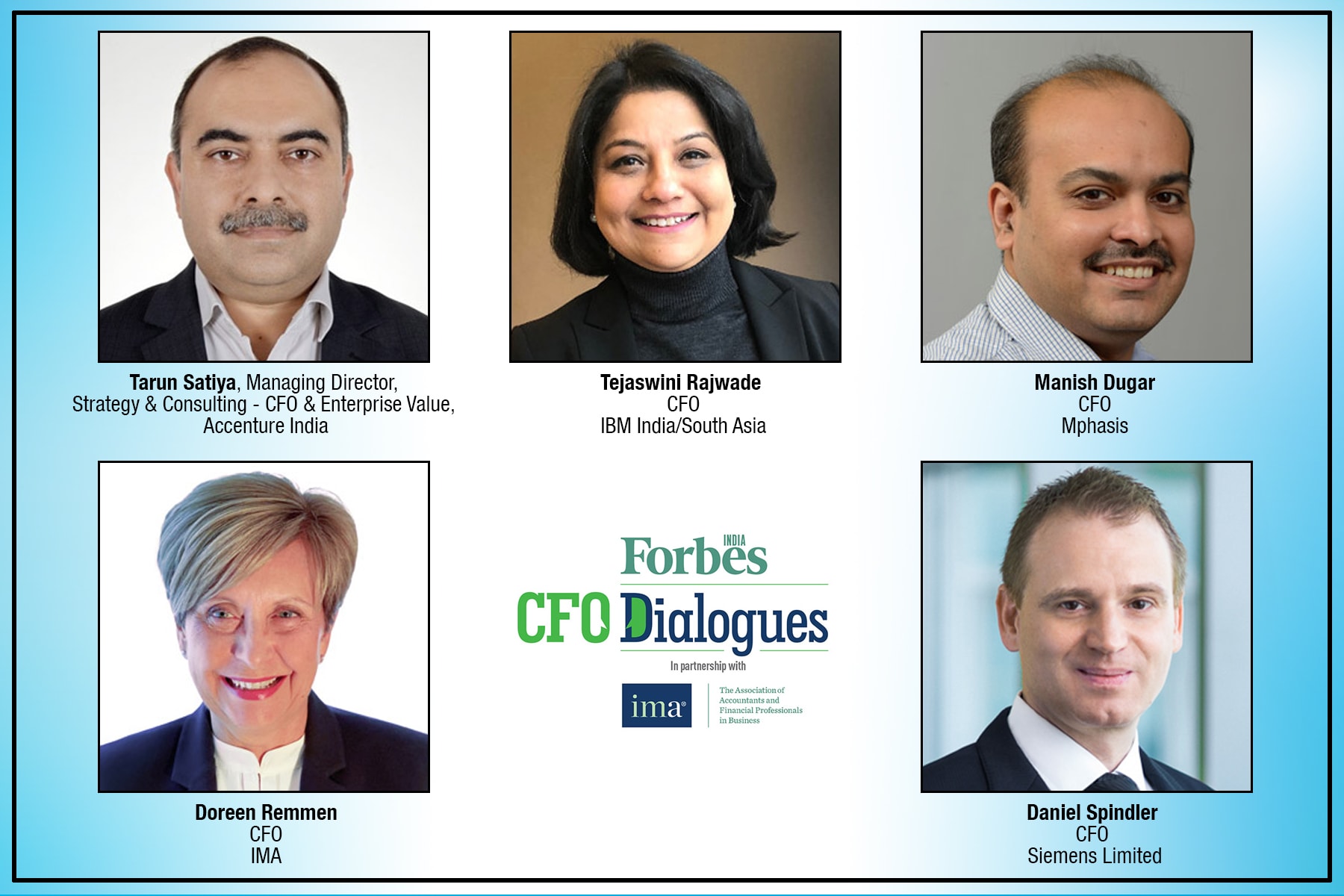
CFOs revisit enterprise priorities and practices within the context of sustainability
Driving sustainability and broader long-term goals through actionable solutions

Until 2020, financial events were the primary triggers to systemic crisis in markets across the globe. However, the Covid19 pandemic demonstrated the fragility of current development and growth models, showcasing how quickly a crisis can unravel and transform from a health emergency to an economic, financial and humanitarian crisis too.
Effectively, it underlined the need for governments, enterprises and individuals to revisit their environmental and sustainability quotients. It also emphasized the importance of resilience. Clearly, a lesson that emerged was that companies which integrated sustainability and transparency strategically into their business operations prior to Covid-19 were much more agile in their response to unexpected events. The crisis also provided businesses with a rare opportunity to pause and re-imagine how they could do things differently, going forward.
To discuss how Covid19 has driven home the urgency for sustainable change at the enterprise level, the need to upskill workforces for the digital revolution that is unfolding and other related themes, Forbes India in partnership with the Institute of Management Accountants (IMA) hosted a virtual discussion under the banner of Forbes India CFO Dialogues.
Moderated by Manu Balachandran, Assistant Editor, Forbes India, the panel, which comprised eminent CFOs that are well-placed to lead the response to Covid-19 and create long-term opportunities that culminate in a more sustainable future, included Tarun Satiya, Managing Director, Strategy & Consulting, CFO & Enterprise Value Accenture India; Tejaswini Rajwade, the CFO IBM India South Asia; Manish Dugar, the CFO Mphasis; Daniel Spindler, CFO Siemens Limited and Doreen Remmen, CFO, Institute of Management Accountants (IMA).
Speaking for everyone, Tarun Satiya recalled how the crisis was completely unexpected and tough in terms of its sheer impact on human lives, society, businesses etc. It was heartening, however, to experience the resilience of society, communities, nations and businesses. He believed that an important lesson which emerged was that it is no longer about profit. “People and planet, the other Ps of business, have become important,” he pointed out. “Businesses have sustained themselves for centuries. But now investors have become more vocal about implementation of ESG parameters. When you invest in ESG practices you are preparing for a marathon and not a sprint. So, it makes economic sense to be sustainable today.” He highlighted the need for creative and innovative solutions to cut emissions, waste, etc. as running sustainable businesses is a responsibility and a debt that must be paid to future generations.




